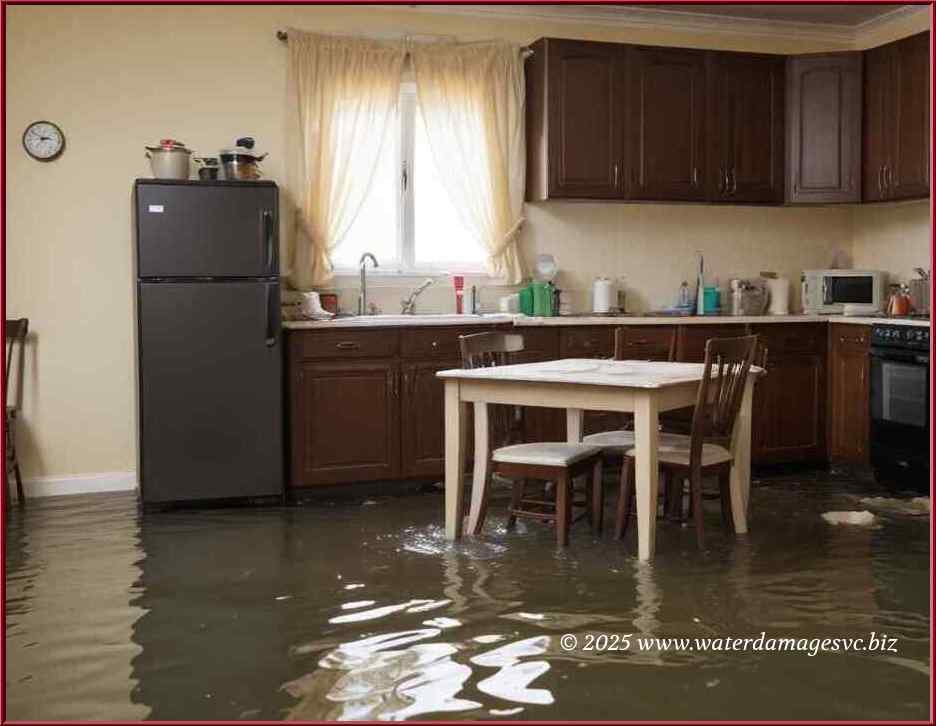
Step 1: Look Out for Visible Signs:
Start by visually inspecting the flooring in areas that are prone to moisture exposure, such as bathrooms, kitchens, laundry rooms, or basements. Check for any discoloration or staining on the surface material as well as warping or buckling wood floorboards. Soft spots underfoot may indicate waterlogged areas within the subfloor structure.
Step 2: Detect Musty Odors:
A distinct musty smell can often be an indication of hidden water damage beneath your floor coverings. If you notice persistent odors emanating from specific locations in your home or near plumbing fixtures, it could suggest trapped moisture within the subfloors.
Step 3: Use a Moisture Meter:
A moisture meter is a handy tool used by professionals to measure levels of moisture present within building materials. By utilizing this device near suspect areas on your floors' surface or even through carpeting, you can obtain accurate readings that help confirm where excessive moisture has infiltrated.
Step 4: Probe for Softness:
Gently probing suspected damp areas with a screwdriver allows you to detect any softness in wooden subfloors due to prolonged exposure to moisture. If there is significant give when applying light pressure with a screwdriver tip-or worse yet if it easily punctures-then immediate attention is required before more extensive problems arise.
Conclusion (50-words)
Regular inspection of your home's subfloor is crucial for identifying and addressing water damage early on. Swift action can prevent further deterioration, minimize repair costs, and safeguard the structural integrity of your property. If you suspect any issues with your subfloor or require professional assistance, contact an emergency water removal and damage repair specialist without delay.